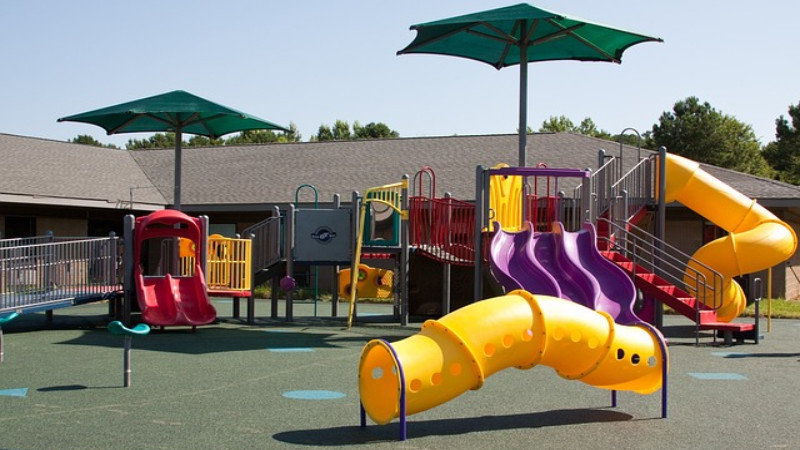Playground Liability
Credit report information is important to obtain credit, get a job, and secure housing.
Credit report information is important to obtain credit, get a job, and secure housing.
Playground liability is a concept that refers to the legal responsibilities of property owners, maintenance companies, and supervising adults in ensuring the safety of children using playground equipment. These entities are required by law to make sure that playground equipment is in good condition, well-maintained, and free from any form of danger. In some cases, this also includes providing adequate supervision to prevent accidents from occurring. If a child gets injured on a playground due to negligence, those responsible could be held liable for the child's injuries.

Playground liability falls under the broader field of premises liability. This legal principle holds property owners and occupiers responsible for accidents and injuries that occur on their property. When it comes to playgrounds, the entity responsible for maintaining the premises must ensure that the playground equipment is safe for children to use. If a child is injured due to poorly maintained or faulty equipment, the premises owner can be held liable.
Besides premises liability, product liability can also come into play in playground accidents. If a child's injury can be traced back to a defect in the playground equipment, the manufacturer of the equipment can be held accountable. This could be due to a design flaw, manufacturing defect, or inadequate warnings and instructions about the use of the equipment.
In some cases, both the supervising entity and the injured party may share liability. Under the principles of comparative and contributory negligence, a court may determine that the injured party also bears some responsibility for the accident. For example, if a child was misusing playground equipment against explicit instructions, this could potentially reduce the liability of the playground owner or supervisor.

Sometimes, entities such as schools or daycare centers require parents to sign waivers to limit their liability in case of playground accidents. While these waivers can provide some protection to the organization, they do not absolve them of all responsibilities. The validity of these waivers can vary widely based on local laws, and they may not protect the organization in cases of gross negligence or intentional misconduct.
To establish a playground liability claim, certain elements must be demonstrated. First, the defendant, such as the property owner or the school, owed a duty of care to the child. Second, the defendant breached that duty, possibly through negligence, such as failing to maintain the playground equipment or failing to supervise the child adequately. Third, this breach directly resulted in the child's injury. Lastly, the child suffered actual damages, such as medical expenses, pain, and suffering. With injury cases like these, injury lawyers will investigate the injury claim for verification on negligence.
Regular inspections and maintenance are crucial in preventing playground injuries and limiting liability. By routinely inspecting playground equipment for potential hazards and promptly addressing any issues found, entities responsible for playgrounds can significantly reduce the risk of accidents. Additionally, keeping records of these inspections and maintenance activities can serve as proof of due diligence in case of a liability claim.
While maintaining safe equipment and facilities is vital, promoting safe play practices is equally important in limiting playground liability. Supervising adults should enforce rules that discourage risky behavior, such as pushing or roughhousing near the playground equipment. Additionally, teaching children about playground safety can help them understand the risks and behave responsibly, further minimizing the chance of injury.